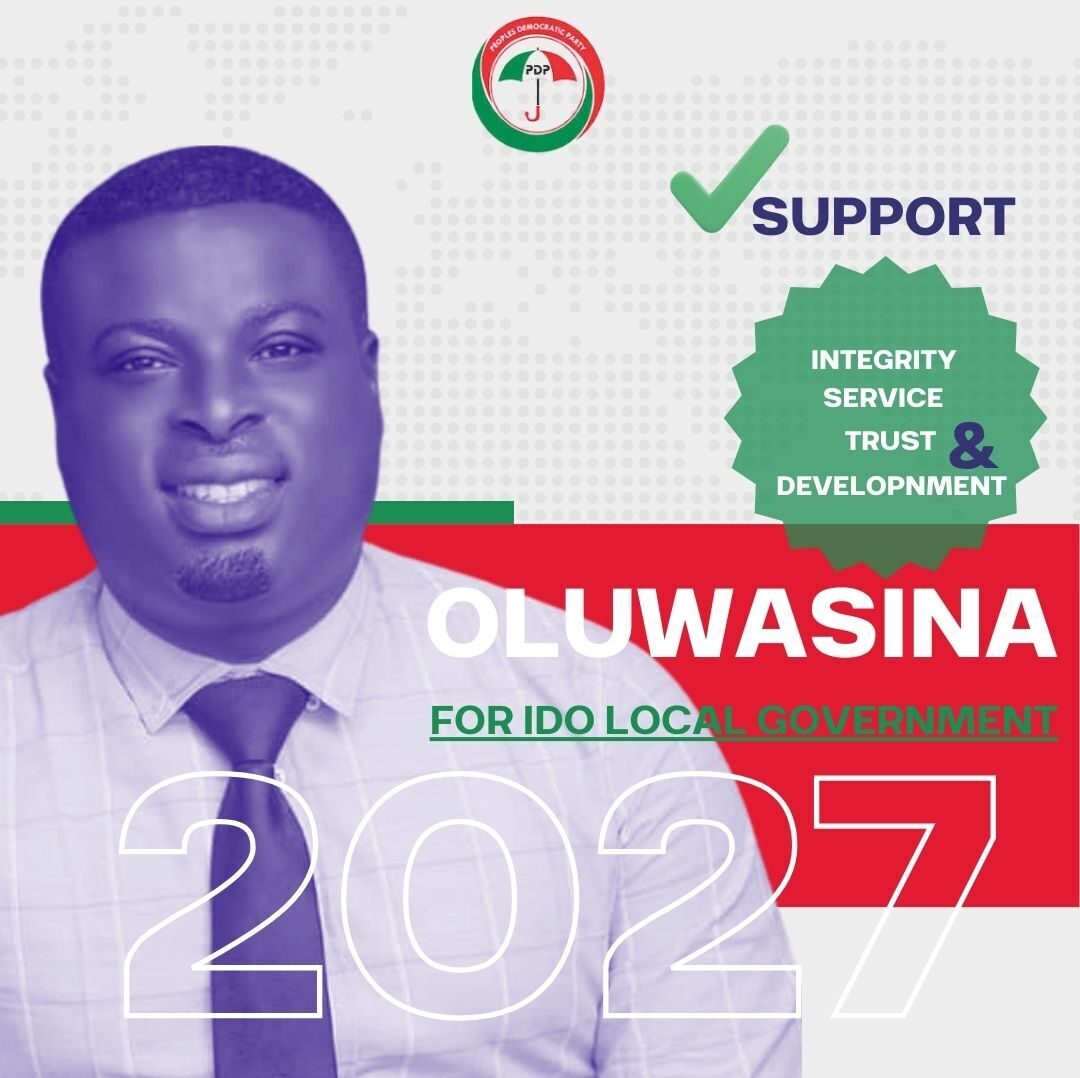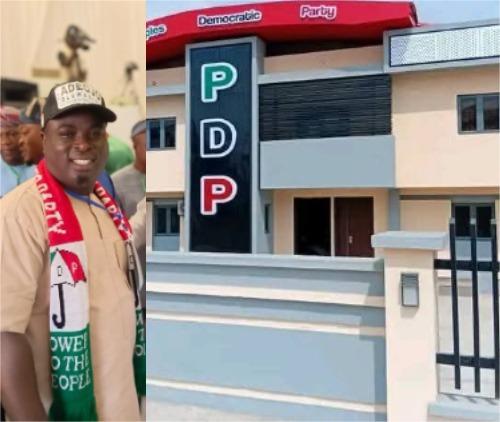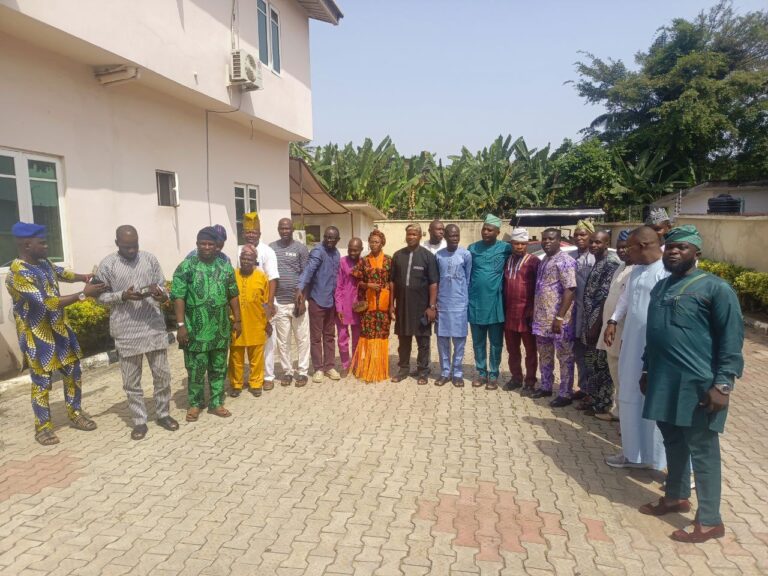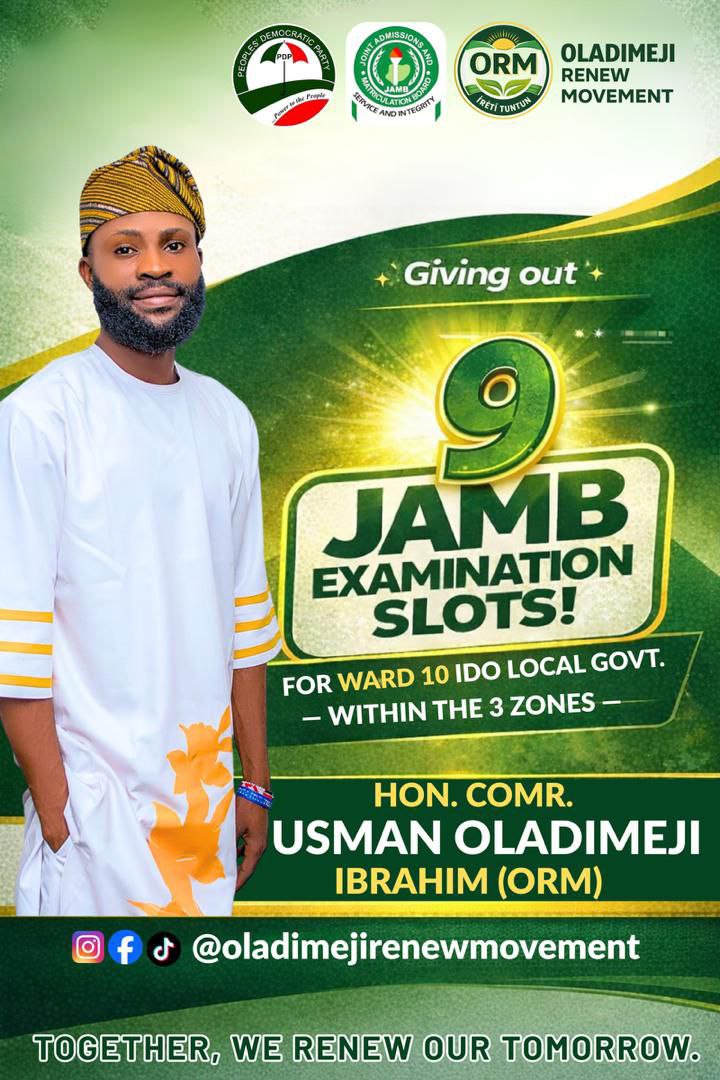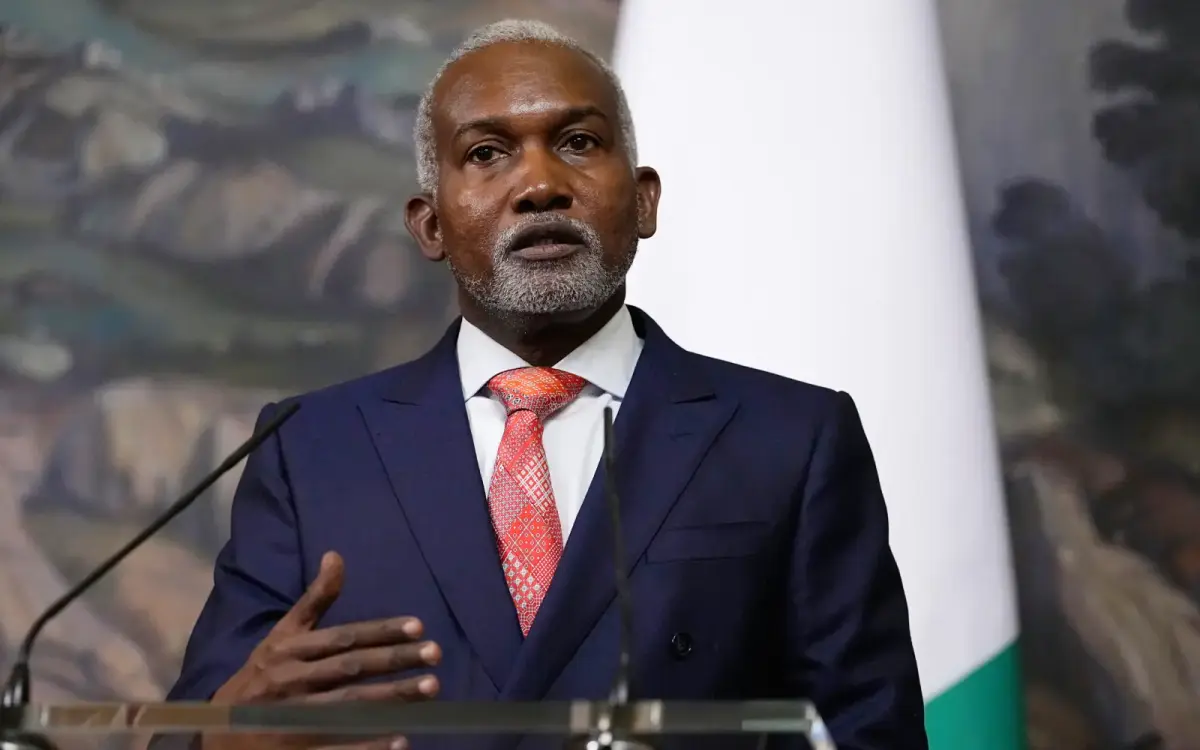
The Federal Government has firmly rejected what it describes as mounting pressure from the United States to accept deported Venezuelans, including individuals recently released from American prisons. Nigeria’s Minister of Foreign Affairs, Ambassador Yusuf Tuggar, made this disclosure during an interview on Politics Today, a Channels Television programme, aired on Friday evening.
Ambassador Tuggar stated that it would be “difficult” for Nigeria to comply with Washington’s request, stressing that the country already faces numerous socio-economic challenges and cannot take on the added burden of integrating foreign nationals with criminal records.
“It will be difficult for a country like Nigeria to accept Venezuelan prisoners into Nigeria. We have enough problems of our own,” Tuggar said.
“We cannot accept Venezuelan deportees to Nigeria, for crying out loud. We already have 230 million people. You will be the same people that would castigate us if we acquiesce to accepting Venezuelans from US prisons to be brought in.”
The minister further warned that accepting such deportees could set a troubling precedent for future demands and described the pressure from the US as unfair and inappropriate.
US Tariffs and Visa Restrictions: A Separate Issue
Tuggar also addressed recent developments concerning US-Nigeria relations, including a 10% tariff imposed on Nigerian exports and new visa restrictions for Nigerian travelers. These measures have been widely speculated to be retaliatory steps following President Bola Ahmed Tinubu’s participation in the recent BRICS summit in Brazil.
However, Tuggar dismissed these claims, suggesting the tariff hikes and visa limitations may not be directly connected to Nigeria’s BRICS engagement.
“The issue of tariffs may not necessarily have to do with us participating in BRICS,” the minister clarified, attempting to downplay the notion of a geopolitical standoff.
Former US President Donald Trump who has resumed political activity ahead of the 2024 elections recently met with the leaders of five West African countries at the White House; Gabon, Guinea-Bissau, Liberia, Mauritania, and Senegal. Nigeria was notably excluded from the meeting. It was during this period that Trump announced the 10% tariff on Nigerian goods, further fueling speculation about diplomatic friction.
In response to the US Embassy’s recent announcement of a three-month single-entry visa validity for Nigerians, the foreign minister challenged the notion that the new policy is based on reciprocity.
Tuggar argued that Nigeria has always provided American travelers with a fair visa policy, including the availability of five-year multiple-entry visas. He noted that the shift to electronic visa systems was aimed at improving efficiency and cutting down on processing delays, not restricting access for US citizens.
“We are talking to the Americans. We are engaging them. We are also explaining and reminding them that we issue them five-year multiple-entry visas, the same way that they issue regular travellers five-year multiple-entry visas,” Tuggar said.
He emphasized that Nigeria’s e-visa rollout was not designed to undermine the visa reciprocity principle, but rather to streamline processing for tourists and short-term visitors.
“There are people who are first-time travellers coming as tourists… and they get those 90-day visas. It is not saying that every American is only being given 90-day visas,” the minister added.
Despite the disagreements, Tuggar maintained that diplomatic channels between Nigeria and the United States remain open, and that ongoing discussions are expected to ease tensions and clarify policy concerns on both sides.
“We are engaging them,” Tuggar reiterated. “We will continue to work with our partners in the international community, but not at the expense of Nigeria’s sovereignty or national interest.”

